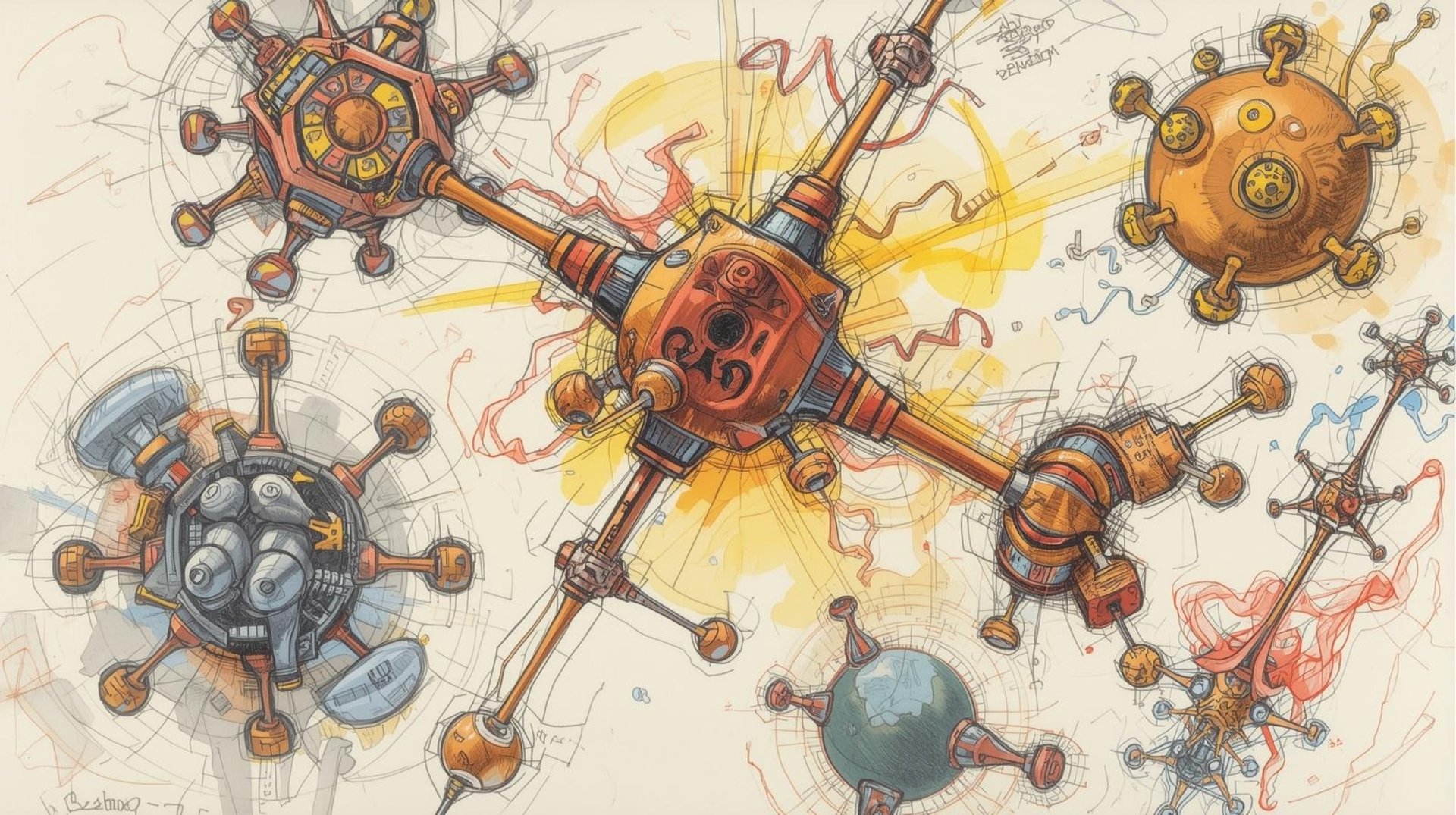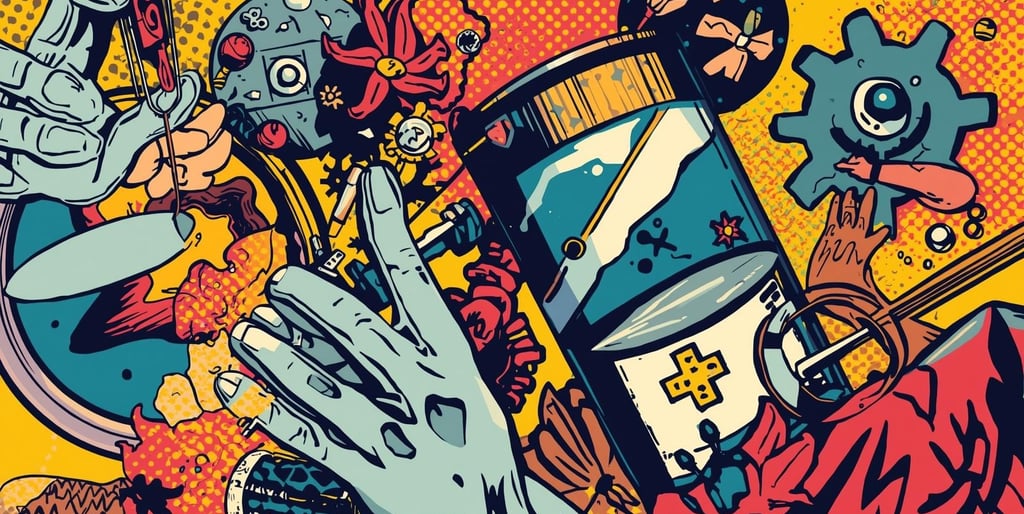
Modern Medicine: Breakthroughs of Recent Years and Their Lasting Impact
Modern medicine is advancing at a pace once thought impossible, reshaping the way we treat illness, extend life, and improve quality of living. Over the past few years, groundbreaking discoveries have shifted healthcare from reactive treatment to proactive, personalized, and technologically enhanced care. These breakthroughs not only save lives but also redefine how we think about health itself.



Modern Medicine: Breakthroughs of Recent Years and Their Lasting Impact
Modern medicine is advancing at a pace once thought impossible, reshaping the way we treat illness, extend life, and improve quality of living. Over the past few years, groundbreaking discoveries have shifted healthcare from reactive treatment to proactive, personalized, and technologically enhanced care. These breakthroughs not only save lives but also redefine how we think about health itself.
1. mRNA Vaccines and the Future of Immunology
Perhaps the most widely recognized breakthrough has been the rapid development of mRNA vaccines, first brought into the global spotlight during the COVID-19 pandemic. Unlike traditional vaccines, which use weakened viruses, mRNA vaccines teach cells to produce a harmless piece of a virus to trigger immunity.
Impact:
Enabled swift response to global health crises.
Opened new avenues for vaccines against HIV, influenza, and even cancer.
Accelerated public trust in biotechnology’s ability to adapt to evolving threats.
2. Gene Editing and CRISPR Technology
The refinement of CRISPR-Cas9 gene-editing technology has transformed medicine from a treatment-based system into one that can potentially cure genetic diseases. Researchers are now able to “cut and correct” faulty DNA sequences.
Impact:
Promising treatments for diseases like sickle cell anemia, cystic fibrosis, and muscular dystrophy.
Raised ethical debates about designer genetics, showing that medicine must evolve alongside responsible policy.
Positioned humanity on the edge of eradicating certain inherited conditions.
3. Artificial Intelligence in Healthcare
From diagnostic imaging to predictive analytics, AI has been embedded into modern medicine as a powerful tool. Algorithms can scan medical images faster and sometimes more accurately than human radiologists, while AI-driven platforms assist doctors in tailoring treatments.
Impact:
Improved diagnostic accuracy and speed.
Personalized treatment plans using big data.
Reduced workload for medical professionals, potentially minimizing human error.
4. Telemedicine and Remote Care
The global pandemic accelerated the adoption of telemedicine, making virtual consultations and digital monitoring mainstream. This shift showed how technology can make healthcare more accessible.
Impact:
Broadened access to healthcare for rural and underserved populations.
Reduced the strain on hospitals and clinics.
Encouraged patients to take a more active role in their health management.
5. Regenerative Medicine and Stem Cell Research
Stem cell therapy and tissue engineering are progressing toward creating lab-grown organs and healing severe injuries that were once considered irreversible.
Impact:
Potential solutions for organ shortages.
Advanced treatments for spinal cord injuries and degenerative diseases.
Renewed hope for patients who previously had limited options.
6. Precision Medicine and Personalized Therapies
One-size-fits-all medicine is being replaced by precision medicine, where treatments are based on an individual’s genetic profile, lifestyle, and environment.
Impact:
More effective cancer therapies targeted to specific mutations.
Reduced trial-and-error in prescribing medications.
Empowered patients with a clearer understanding of their personal health journey.
The Broader Social Impact
These breakthroughs ripple beyond hospital walls. They foster hope for patients, challenge ethical boundaries, and demand new policies. While breakthroughs bring excitement, they also raise important questions about affordability, access, and equity—ensuring progress is shared widely and not reserved for the privileged few.
Conclusion
Modern medicine’s recent breakthroughs represent more than technological advancement—they represent humanity’s enduring pursuit of health, longevity, and dignity. From decoding the language of DNA to creating vaccines in record time, medicine is evolving into a field where innovation and compassion intertwine. The challenge ahead lies not only in discovering the next great breakthrough but in ensuring its benefits reach every corner of society.
